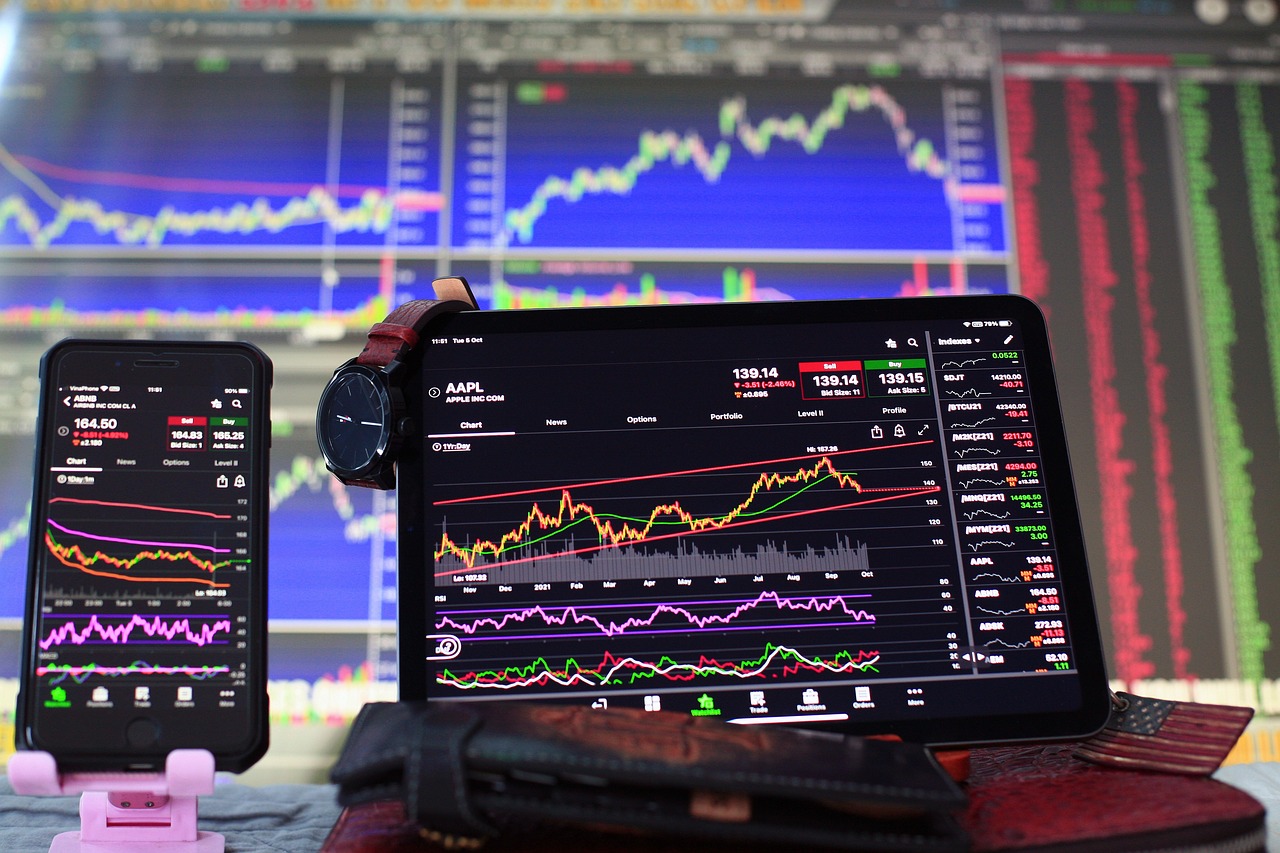It’s not surprising that early U.S. election results showing a lead for Donald Trump would have an immediate impact on global markets, including the Chinese yuan and stocks. Trump’s administration in the past was marked by a hardline stance on trade with China, particularly the imposition of tariffs and other protectionist measures. Traders, especially in China and emerging markets, likely fear a return to those policies if Trump were to secure another term. Here are a few factors that could explain the market reactions:
- Heightened Trade Tensions: Trump’s approach to China during his first term was characterized by escalating trade wars, tariffs, and tough rhetoric on Chinese business practices. The market often reacted negatively to the uncertainty and volatility these trade disputes caused. A potential return to these policies could undermine trade relations and have a significant impact on global supply chains.
- Currency Depreciation: The Chinese yuan, like many emerging market currencies, can be sensitive to global political and economic uncertainties. If traders believe that a Trump victory could lead to renewed trade tensions, they may sell yuan in anticipation of a weaker currency. A strong U.S. dollar amid such fears would put additional pressure on the yuan.
- Market Volatility: U.S. election results are closely watched by global investors, and any sign of a contentious or divisive result, especially one linked to policies that could hurt global trade or cause diplomatic friction, can lead to increased volatility in both equity markets and currency markets.
- Investor Sentiment: U.S. elections also shape investor expectations for global growth. If the market sees Trump’s leadership as potentially harmful to global trade or as a source of instability, investor sentiment could sour, particularly in markets with heavy exposure to U.S.-China trade relations.
This market reaction also reflects the uncertainty of what a second Trump administration might mean for U.S.-China relations and the broader geopolitical landscape. Investors often act based on projections of what future policies may look like, and trade tensions with China are a significant factor in those projections.


